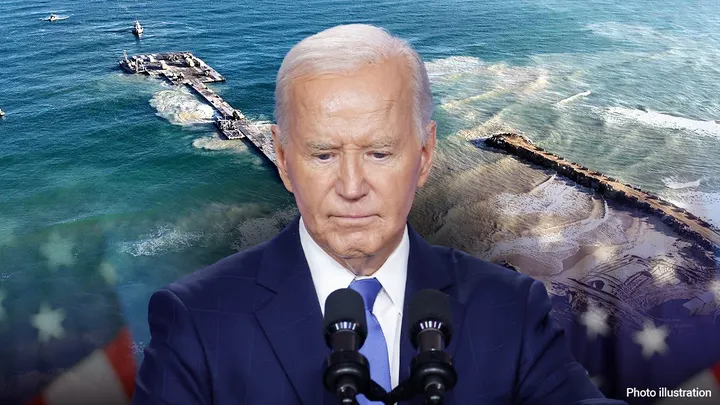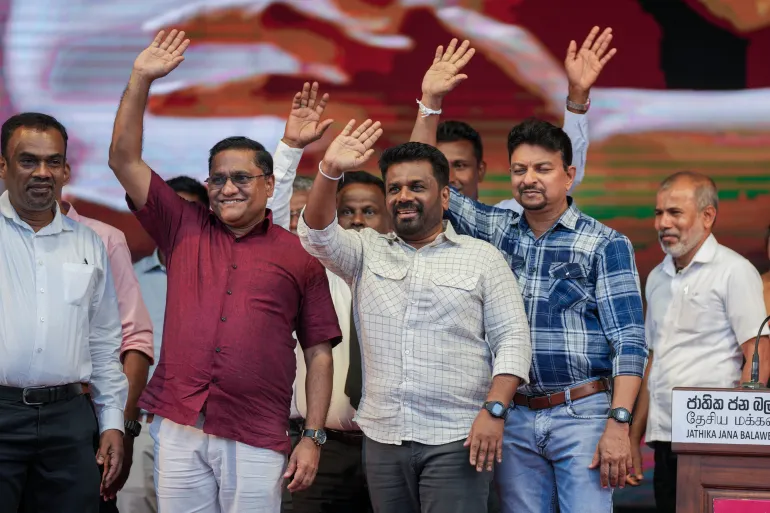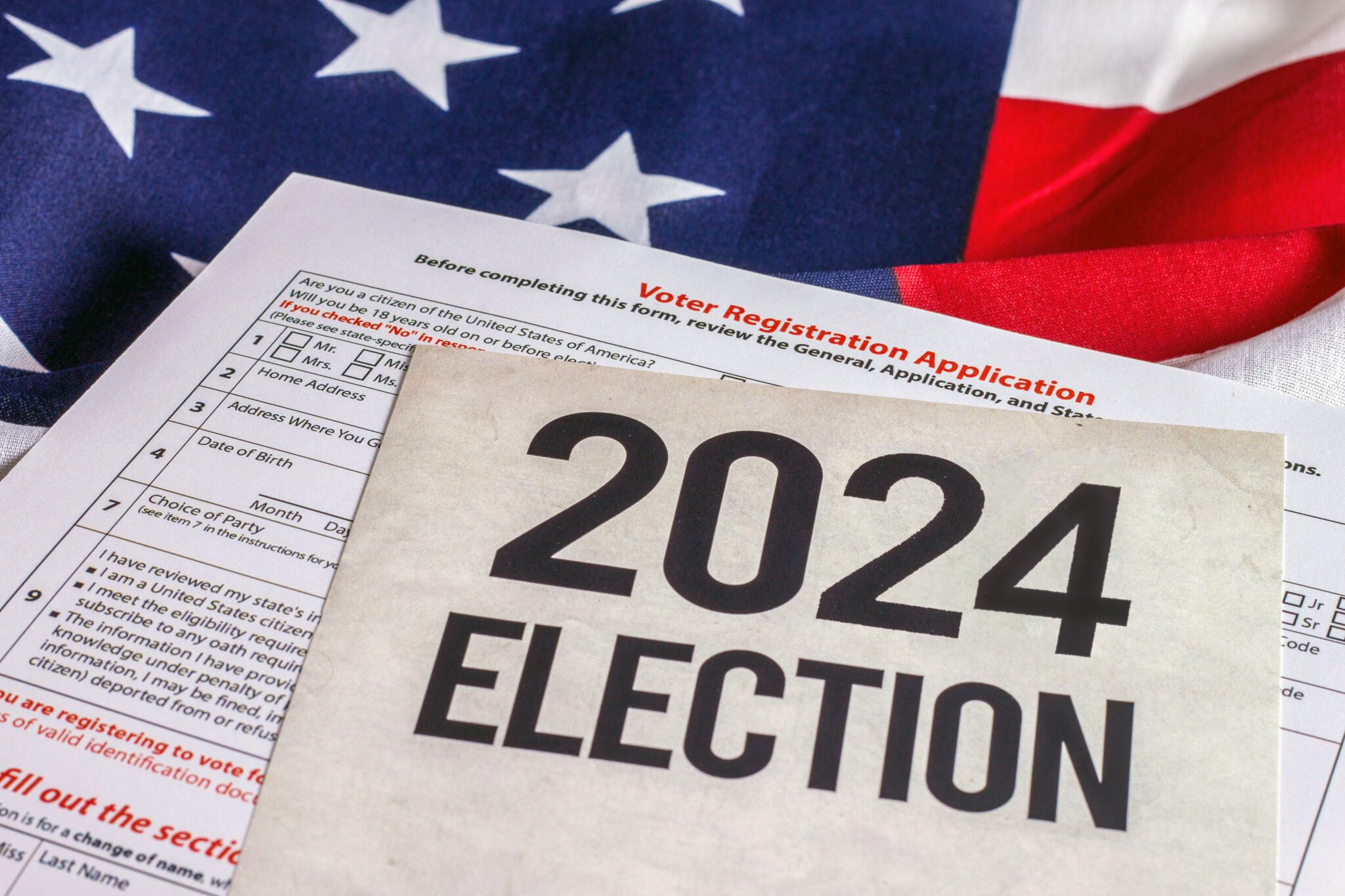Biden Pressed Ahead with Gaza Pier Project Despite USAID Concerns, Report Reveals

According to a newly released inspector general report, President Joe Biden ordered the construction of a temporary pier to deliver humanitarian aid to Gaza earlier this year, despite concerns raised by the United States Agency for International Development (USAID) that the project would undermine efforts to secure more effective land-based aid routes.
The $230 million project, known as the Joint Logistics Over-the-Shore system (JLOTS), was designed to accelerate the delivery of emergency supplies to Palestinian territory, which has been devastated by the ongoing conflict between Israel and Hamas. Biden announced the plan during his State of the Union address in March, as Gaza’s humanitarian crisis worsened, with nearly 2.3 million people struggling to access basic necessities like food.
However, the temporary pier lasted only about 20 days, falling far short of its objectives. Originally intended to provide food for 1.5 million people over 90 days, the project only managed to provide enough supplies for 450,000 people for one month before being shut down in July. Repeated weather disruptions and security concerns hampered the pier’s effectiveness, prompting aid organizations to withdraw their assistance.
According to the inspector general’s report, several USAID staff members expressed concern that the focus on the pier project would distract from the agency’s ongoing efforts to advocate for the opening of more efficient land crossings into Gaza, which are widely regarded as more reliable for long-term humanitarian aid delivery. Despite these concerns, once President Biden issued the directive, USAID worked to implement the project as effectively as possible.
The report also highlighted issues with the pier’s location. Initially, the US agreed to place the pier in northern Gaza, where the need for aid was greatest, and to have a neutral UN member nation provide security to ensure the World Food Programme’s (WFP) neutrality. However, the Pentagon ultimately positioned the pier in central Gaza, prioritizing security concerns for both the pier and U.S. military personnel. When no neutral country could be found to provide security, Israel’s military took on the role, further complicating the project’s implementation.
The situation escalated when an Israeli rescue operation near the pier site led to concerns about the neutrality of WFP workers, prompting the organization to withdraw from the project. The combination of logistical challenges and political sensitivities ultimately led to the project’s premature end, falling far short of its intended impact.
Despite the setbacks, a spokesperson for the US National Security Council defended the initiative, stating that the pier “had a real impact” in delivering aid to Gaza during a critical time, and emphasized that the U.S. government has pursued every available avenue to alleviate the humanitarian crisis.
With input from the Guardian and Firstpost.








